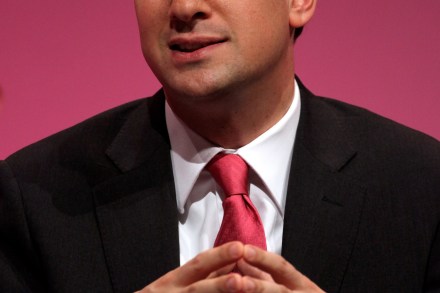Mad, Bad and Dangerous to Know
There’s much thumb-sucking on the question of whether Rupert Murdoch is a “fit and proper person” to purchase the 61% of BSkyB he does not already own. I’ve defended Murdoch’s interest in the past (without, shockingly, ever being asked to write for any of his papers) and still see little reason why the deal should not go ahead. This has little to do with Murdoch but everything to do with the nature of the beast. Owning a newspaper is rather like running for the Presidency of the United States of America: the desire to do so is usually enough to demonstrate that the candidate or would-be tycoon should not be











